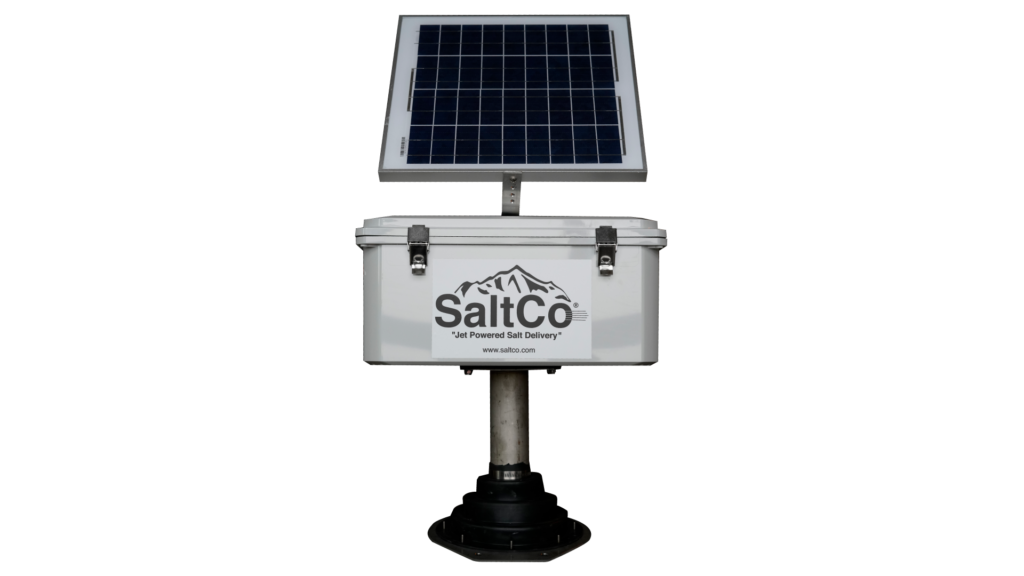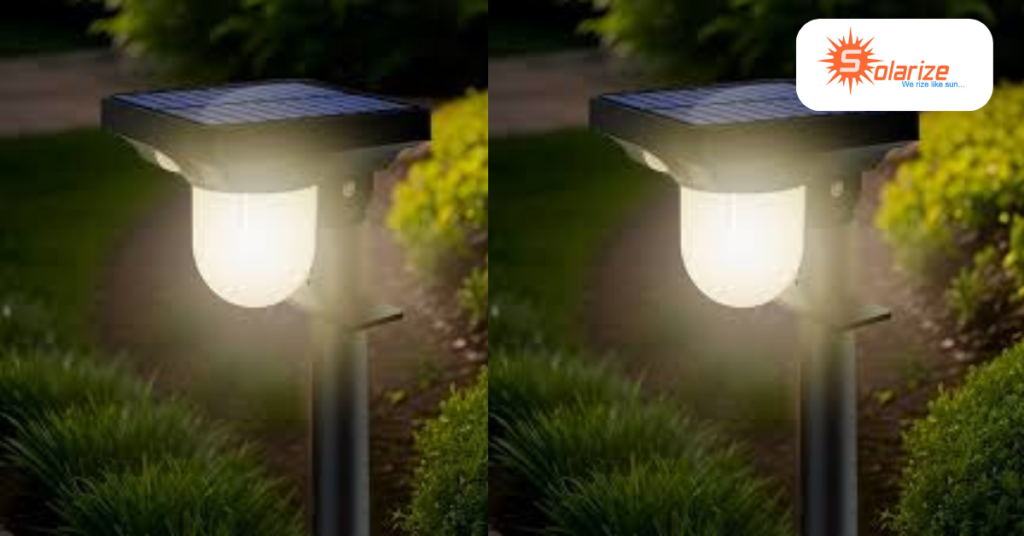Learn about solar sensor lights, including their benefits, installation tips, and key features. Discover why they’re a smart choice for outdoor lighting and security in our detailed guide. Discover how solar sensor lights for security and efficiency can transform your space by providing both enhanced illumination and eco-friendly benefits

Solar Sensor Lights: A Comprehensive Guide to Choosing and Using Them
This lights have become increasingly popular for outdoor lighting due to their energy efficiency and convenience. Whether you want to enhance your home’s security or simply light up a pathway, this lights offer a range of benefits. This guide explores what solar sensor lights are, their advantages, and how to select the best options for your needs.
Benefits of Solar Sensor Lights Solar Sensor Lights for Security and Efficiency
This lights provide several advantages:
- Energy Efficiency: They use solar power, which means no electricity costs.
- Environmental Impact: Reduces your carbon footprint by relying on renewable energy.
- Convenience: Easy to install with no need for wiring.
- Security: Motion sensors can deter intruders and provide illumination when needed.
Key Features to Consider
When choosing this lights, keep the following features in mind:
1. Brightness and Lumens
- Brightness Levels: Measured in lumens, the brightness of solar sensor lights can vary. Higher lumens provide more illumination. For instance, a light with 500 lumens is suitable for lighting pathways, while 1000 lumens might be better for security purposes.
2. Battery Life and Storage
- Battery Capacity: Larger batteries can store more energy, extending the light’s operating time. Look for lights with long-lasting batteries to ensure they remain functional through the night.
3. Sensor Range and Angle
- Detection Range: The effectiveness of motion sensors is measured in feet. A wider range ensures better coverage. Typically, ranges can vary from 15 to 30 feet.
- Detection Angle: A broader angle allows the sensor to cover a larger area. Common angles range from 90 to 180 degrees.
4. Durability and Weather Resistance
- Material Quality: Ensure the lights are made from weather-resistant materials to withstand harsh conditions. Materials like high-quality plastic or metal are preferable.
- IP Rating: Check the IP (Ingress Protection) rating for waterproofing and dust resistance.
Table: Comparison of Popular Solar Sensor Lights
| Feature | Model A | Model B | Model C |
|---|---|---|---|
| Lumens | 500 | 800 | 1000 |
| Battery Life | 8 hours | 10 hours | 12 hours |
| Sensor Range | 20 feet | 25 feet | 30 feet |
| Detection Angle | 120 degrees | 150 degrees | 180 degrees |
| Durability | IP65 | IP66 | IP67 |
Key Takeaways
- Energy Efficiency: This lights are cost-effective and environmentally friendly.
- Brightness Matters: Choose the right brightness level and lumens based on your needs.
- Sensor Range and Angle: Ensure the sensor’s range and angle fit your intended use.
- Durability: Opt for weather-resistant and durable materials to ensure longevity.
Conclusion
It offers a practical and eco-friendly solution for outdoor lighting and security. By considering factors such as brightness, battery life, sensor range, and durability, you can select the ideal solar sensor light for your needs. The initial investment in solar technology can lead to long-term savings and enhanced safety.
FAQ
Q: How long do solar sensor lights last?
A: On average, this lights are last about 2 to 5 years, depending on the quality of the materials and battery. Regular maintenance can extend their lifespan.
Q: Can solar sensor lights work in cloudy weather?
A: Yes, this lights can still operate during cloudy weather, though their performance may be reduced compared to full sunlight. Many models are designed to store enough energy to function even on overcast days.
Q: How do I install solar sensor lights?
A: Installation is straightforward. Choose a location with ample sunlight exposure, mount the light using the provided hardware, and adjust the sensor settings as needed.
This lights are an excellent investment for both functionality and sustainability. Evaluate your needs and preferences to find the best solar sensor lights for your home. If you have more questions or need advice on specific models, don’t hesitate to consult with a lighting expert.

